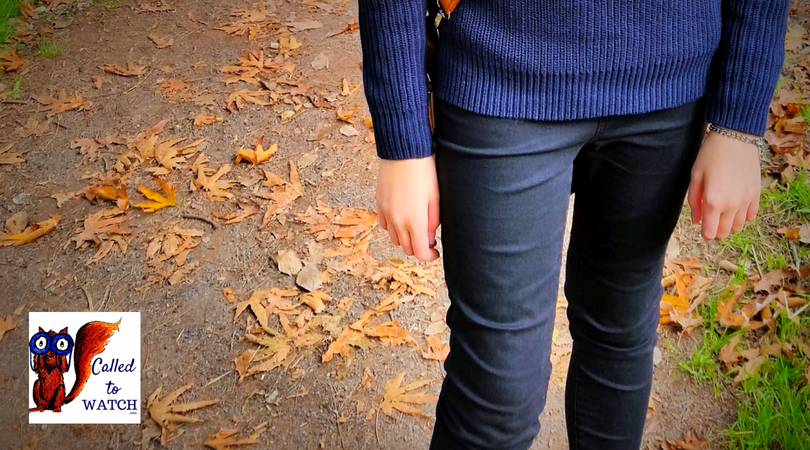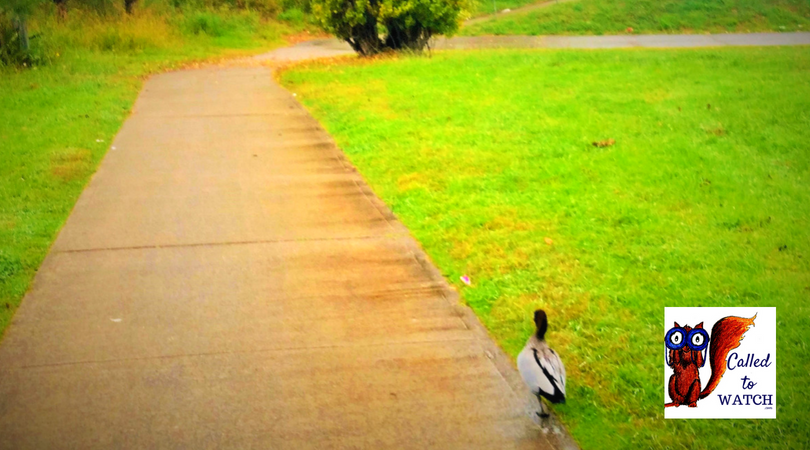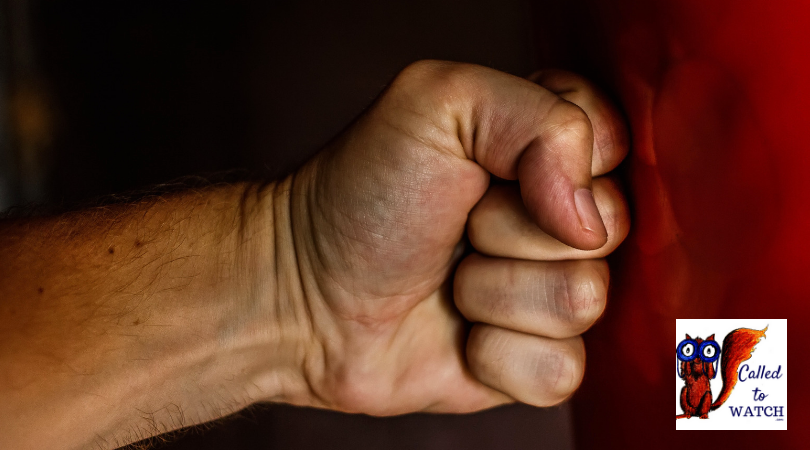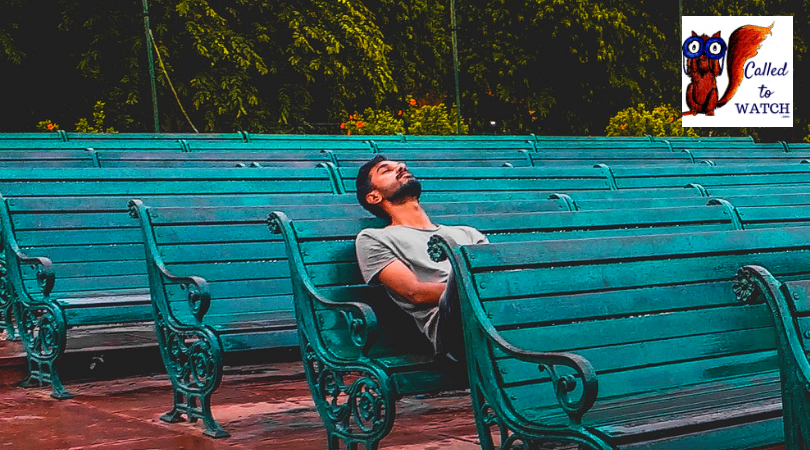It’s a good thing… yes?
Well – sort of.
Sadness can be restrictive
Strange as it may seem, having mixed emotions can actually be a saving grace.
If we are sad over our Loved One’s suffering, but simultaneously frustrated at the doctors, angry at God or jealous of others, no one feeling has complete control.
After all, we’re only human, and cannot plumb the depths of ‘anger’ at the exact same time as we are reaching into the extent and intensity of ‘grief’.
With many emotions comes also many options for relief, more opportunities for someone to say ‘me too’.
Yet when we are simply sad, it can become all-consuming. We can easily develop ‘tunnel vision’, and our sadness may push aside every other happiness.
In one sense that’s okay. It’s not wrong to feel grief, and immense grief will be felt immensely.
But it can also be harmful, because we all need some measure of distance. Continue reading “The 3 dangers of being sad after a chronic illness diagnosis”










